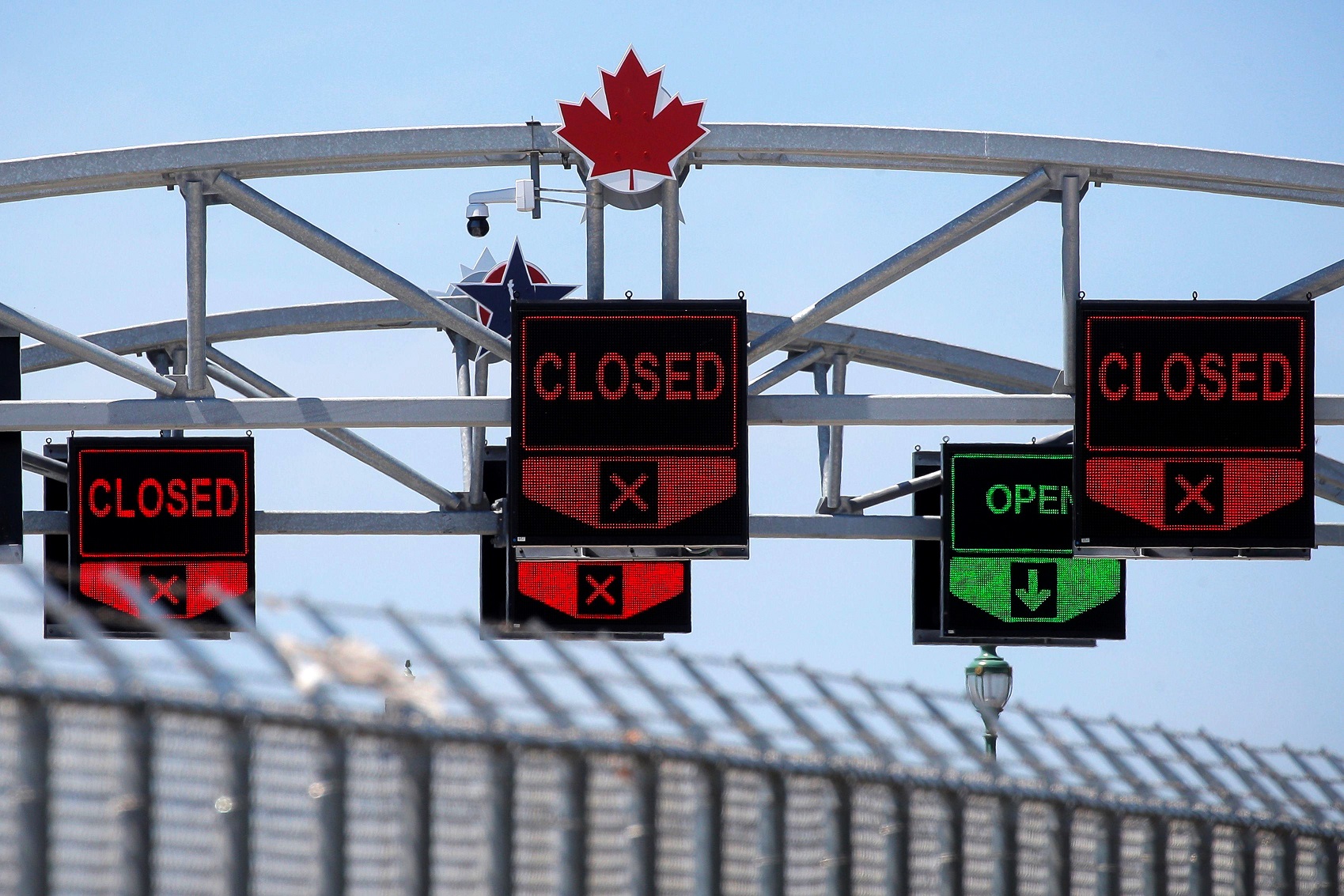Last week’s article on the crisis facing the Canadian and Spanish monarchies led some readers to raise the question about how much longer the monarchy can last in Canada.
This leads me to ask two questions: first, can Canada get rid of the monarchy and, second, should Canada get rid of the monarchy?
The monarchy is fundamental to Canada’s constitution.
Any attempt to change the constitution would be highly complex and open a pandora’s box of possibilities.
As a federation, the federal government would have to submit the question to the Canadian parliament (both the House of Commons and the Senate) and then to each of the legislative bodies of the ten provinces. Seven provinces comprising of fifty percent or more of the Canadian population would have to approve the change.
This leads me to the second question: should Canada change its constitution in order to become a republic?
First of all, opening the constitution to modification might invite all of the provinces to pursue their parochial interests during the negotiations. The Western Canadian provinces of British Columbia, Alberta, Saskatchewan and Manitoba could demand a federation in which their interests would be far better represented than is currently the case in their view.
They might also seek an elected senate – a factor that would create a second legislative body with popular support that could well divide parliament as is the case with the United States and compete with the House of Commons for supremacy.
Quebec might seek additional powers and a recognition that the Canadian federation is the fusion of two peoples – French and English – rather than a union of ten equal provinces and three territories.
And indigenous Canadians might seek greater powers for their governance institutions and safeguards for their treaty rights that have traditionally been signed by the Crown.
A republic might also eliminate the position of an independent head of state above the political fray.
The concept of an independent head of state has served Canada well since the position of “unifier in chief” has been the monarch and their representative in Canada, the Governor General.
A republican president might by definition be partisan since they would have to be elected either by the voters – creating a political post in direct competition with the Prime Minister and Cabinet or, if selected by Parliament, a position beholden to partisan political interests. As well, given the diversity of the Canadian federation, regional, linguistic, gender, and ethnic factors would complicate this process further were the head of state elected rather than appointed.
Given the above, I don’t believe that any prime minister would want to open this debate, especially when the critical issues facing Canadians are managing the current pandemic and dealing with climate change.
To change the conversation would open a never-ending debate that could well debilitate governance at this critical time and divide the country.
My question is: Is exchanging our current constitutional monarchy for a republican form of government a wise course?
Of the top 25 nations on the United Nations Human Development Index, for example, 12 are constitutional monarchies, and seven are their close cousins, parliamentary republics. Just two are presidencies.
In my view, constitutional monarchies and parliamentary republics contribute the most to political stability.
However, opening a constitutional debate in Canada is a complex process. No one can predict the course that could take. Consequently, I would posit that the status quo provides more benefits than costs, and that Canadians are better served by the current system than by opening a constitutional can of worms.
Edición: Laura Espejo
Comunidades rurales suelen encender bengalas y ''cohetes'' para conmemorar el Año Nuevo Lunar
Afp
Proyectos realizados en el país tendrán incentivo fiscal de 30 % del ISR
La Jornada Maya
El célebre “Jefe Ratonero del Gabinete” ha servido a seis primeros ministros y se mantiene como figura entrañable del poder británico
Ap
El plan urbano propone una visión participativa y sostenible, abierta a ajustes mediante consulta ciudadana
Rosario Ruiz Canduriz
